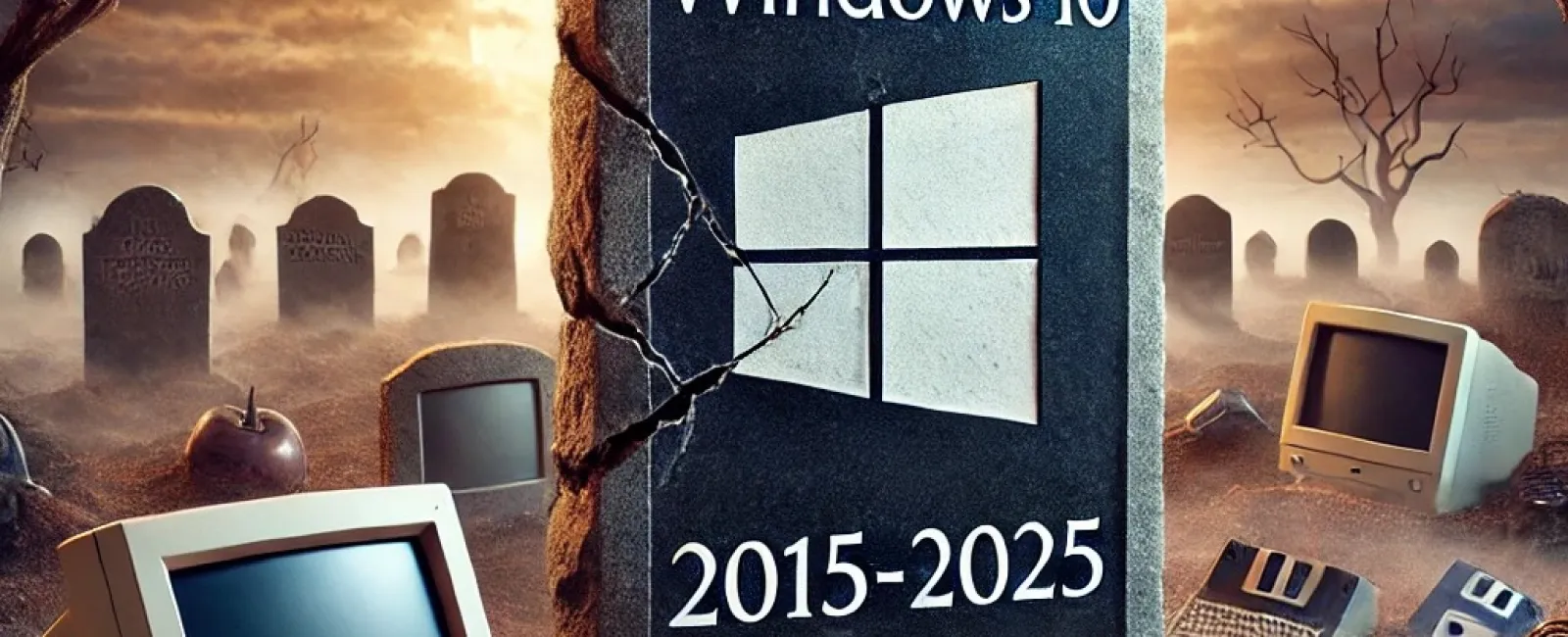Crucial Update: Microsoft Ending Windows 10 Support in October 2025
Microsoft has announced that it will cease support for Windows 10 after October 14, 2025. While your PCs will still function post this date, Microsoft will no longer provide essential services such as free product key updates, which are vital for maintaining your device's performance and security. These services include:
- Security updates
- Non-security updates
- Technical support
Why This Matters for Business Owners
- Security Risks: Without regular updates, your systems will become increasingly vulnerable to viruses, malware, and hackers. This poses a significant risk to your business data, making it crucial to upgrade to a newer version of Windows.
- Software Compatibility: Many software programs are routinely updated to be compatible with the latest operating systems. Post the end-of-life date for Windows 10, some of your essential software may not function properly or could stop working altogether.
- Compliance Issues: If your business handles sensitive information or is subject to strict regulations, using an outdated operating system could result in compliance violations. Staying current is essential to avoid potential fines or legal complications.
What Are Your Options?
Microsoft recommends migrating to the latest version before the end-of-life date. However, this can be challenging as not all devices running Windows 10 are compatible with Windows 11. If your device does not meet the stringent hardware requirements for Windows 11, you will encounter an error during the upgrade process.
If your device is incompatible with Windows 11, you have several options:
- Purchase a New PC: Buy a new computer that meets the compatibility requirements.
- Pay for Extended Security Updates: Microsoft offers paid security updates for up to three years post the end-of-life date, but these are no longer free.
- Switch to Linux: Consider migrating to the Linux operating system.
- Use a Technical Workaround: Attempt to upgrade "incompatible" PCs using technical loopholes.
- Ignore the Deadline: This is not recommended as it puts your business at significant risk.
Data Backup is Crucial
Before making any changes, always back up your important files. This precaution ensures that no data is lost during the upgrade process.
Planning Ahead
Proactive planning is essential for a smooth transition. While there is speculation that Microsoft might extend the deadline, relying on this is risky. Delaying action could leave your business vulnerable due to a lack of security protection.
The best course of action is to consult with your IT provider to determine the most suitable option for your organization. If your computers are relatively new, paying for ongoing security updates might be a viable solution. Conversely, if your devices are older and nearing the end of their life, investing in new PCs could be more cost-effective.
An experienced IT team or tech consultant can assist with the upgrade process, ensuring minimal disruption and downtime for your business.
If you're looking
for someone to guide you in making the right decision, get in touch with our
team to schedule a FREE consult. During this quick
conversation, we'll be able to map out the next steps to take to start
transitioning to Windows 11 efficiently. To schedule, call us at 954-327-1001 or click here.





